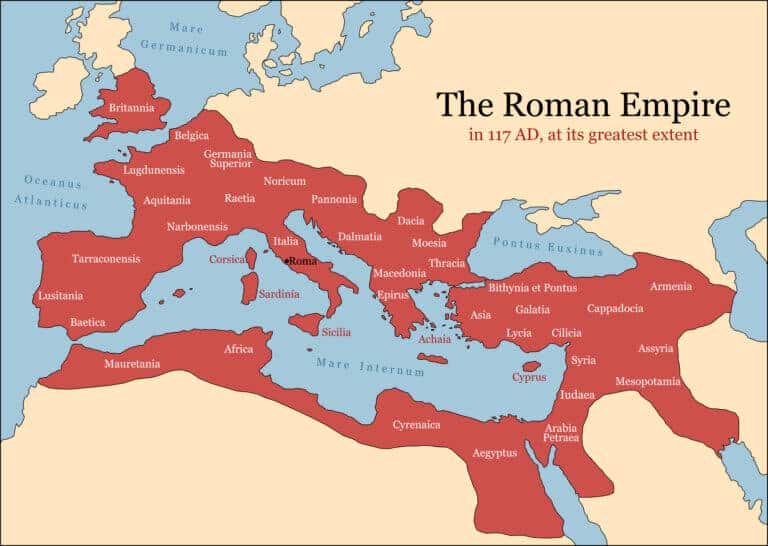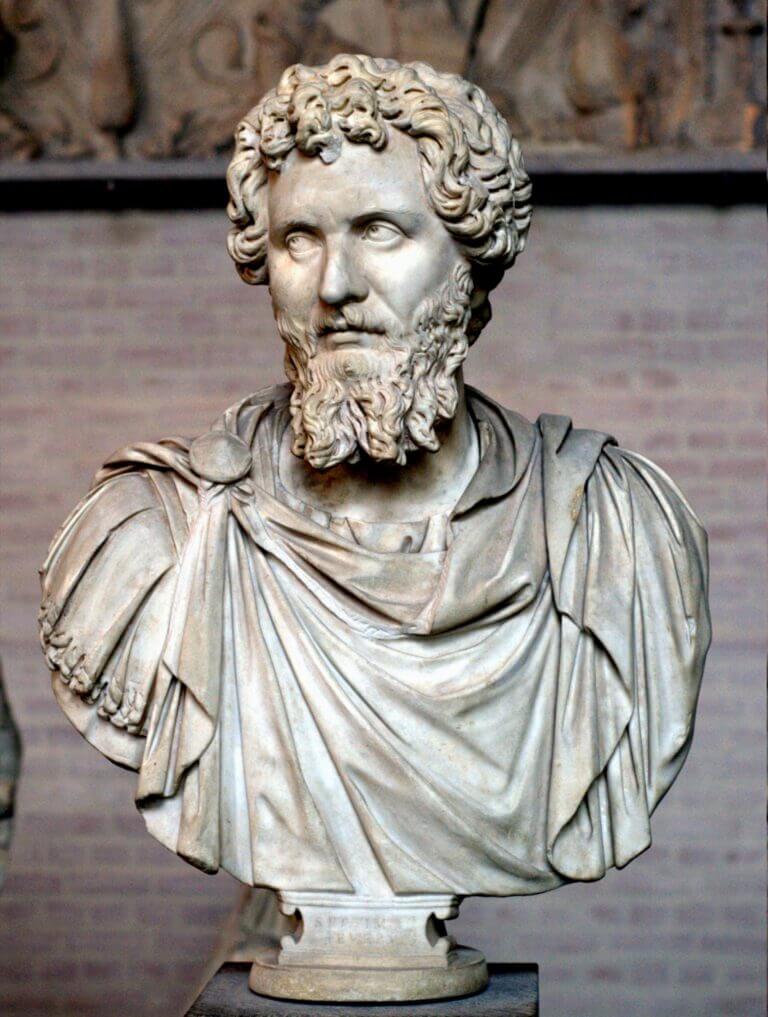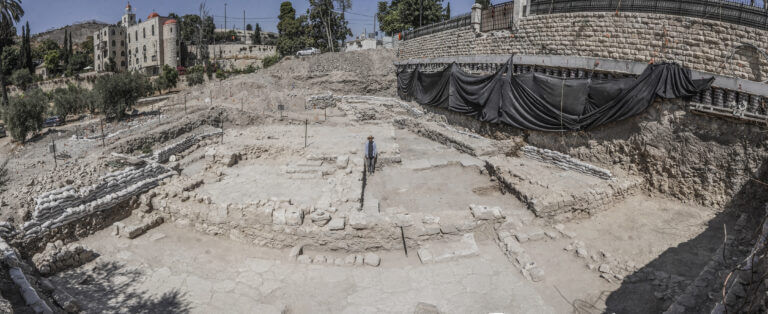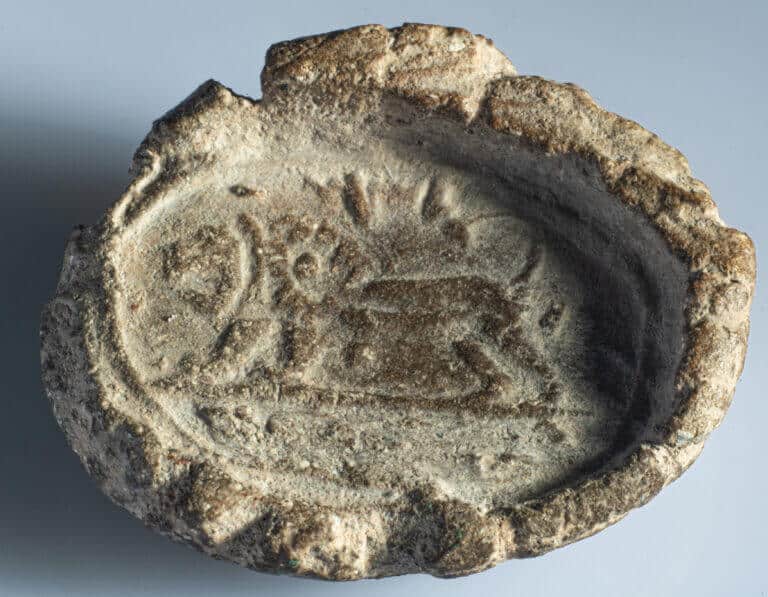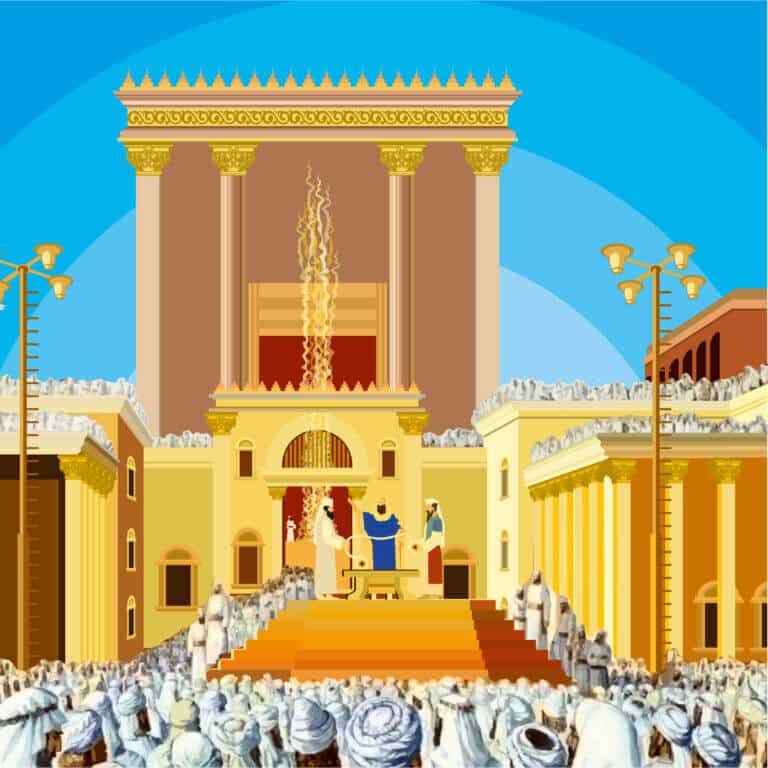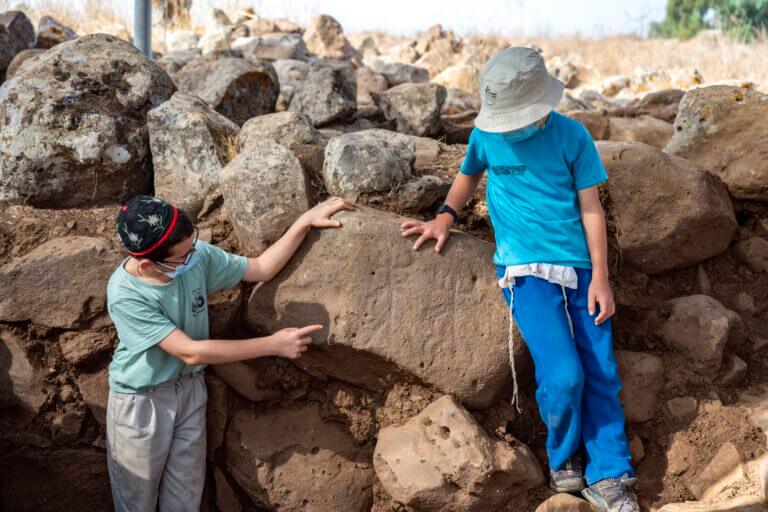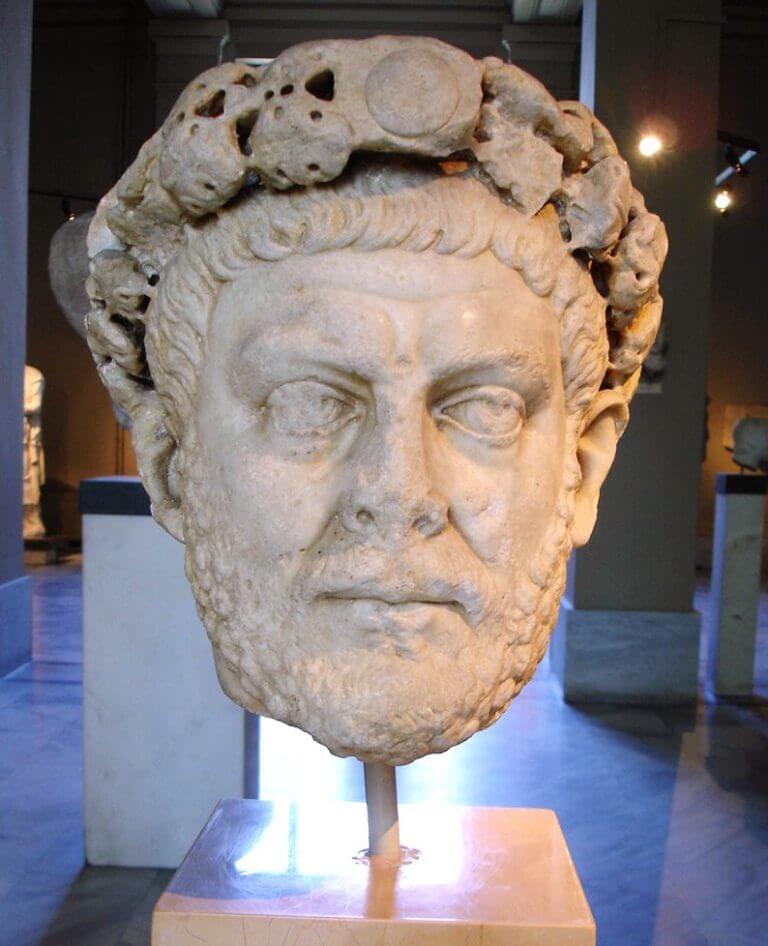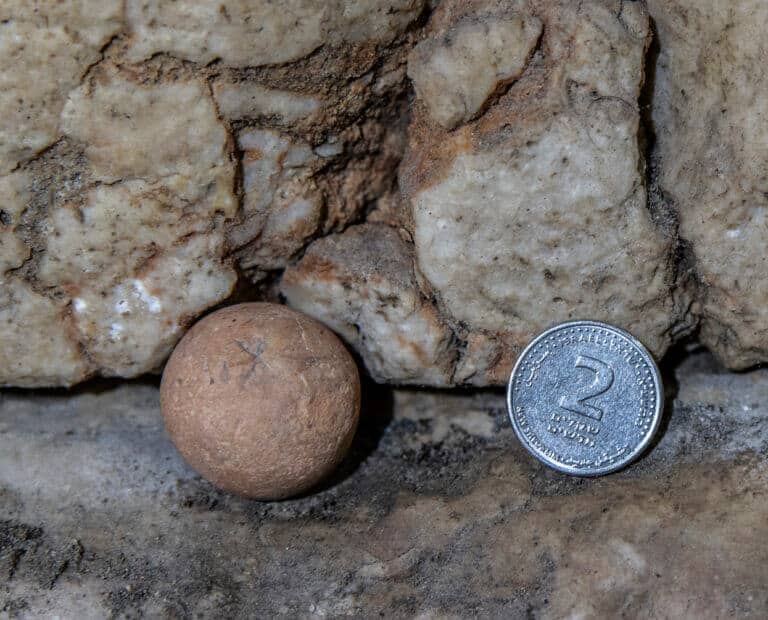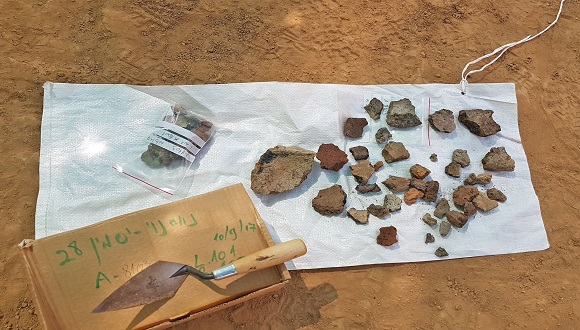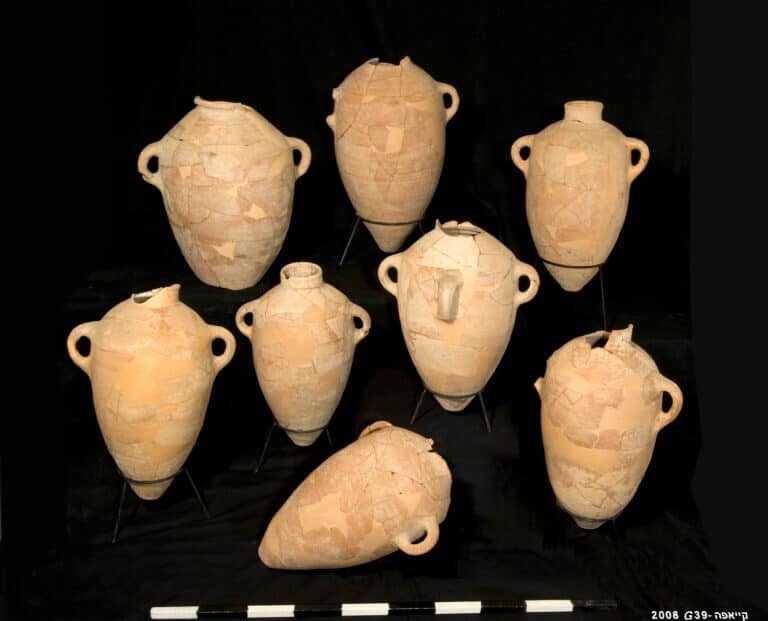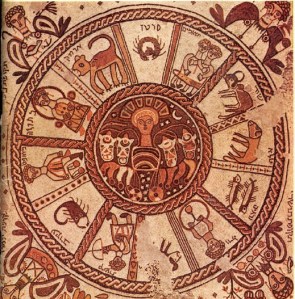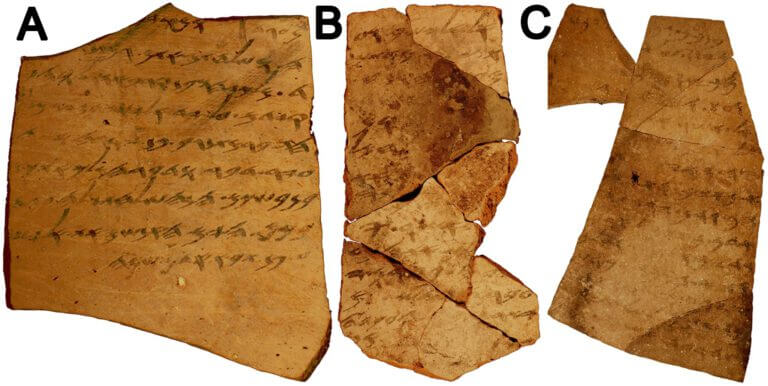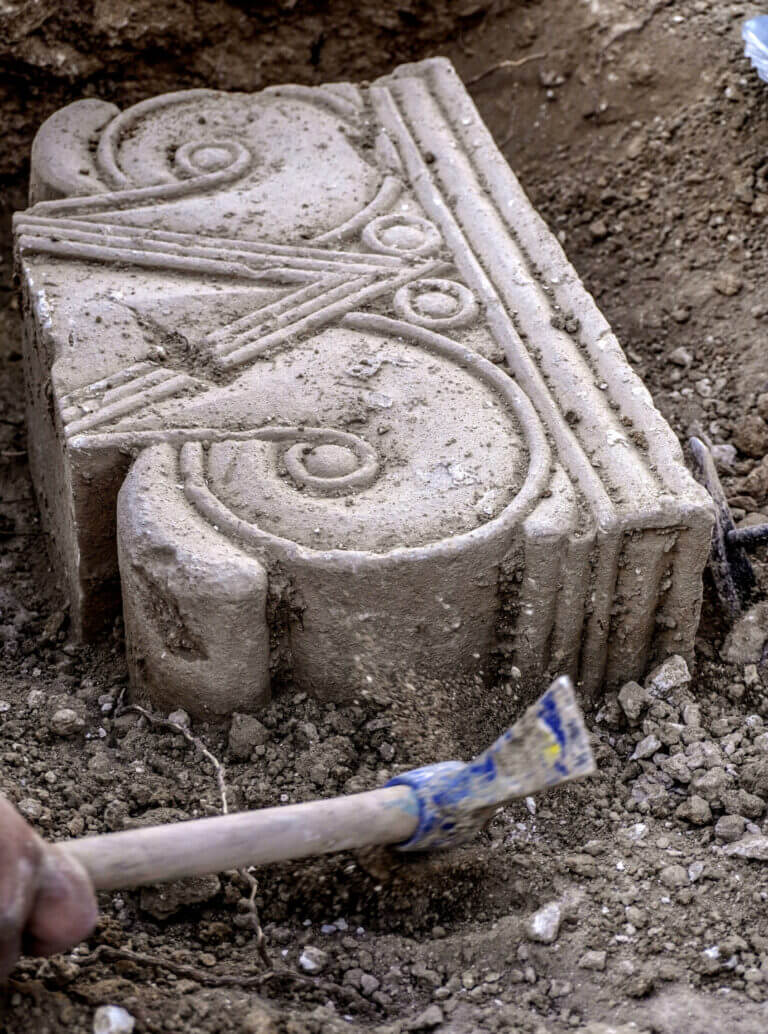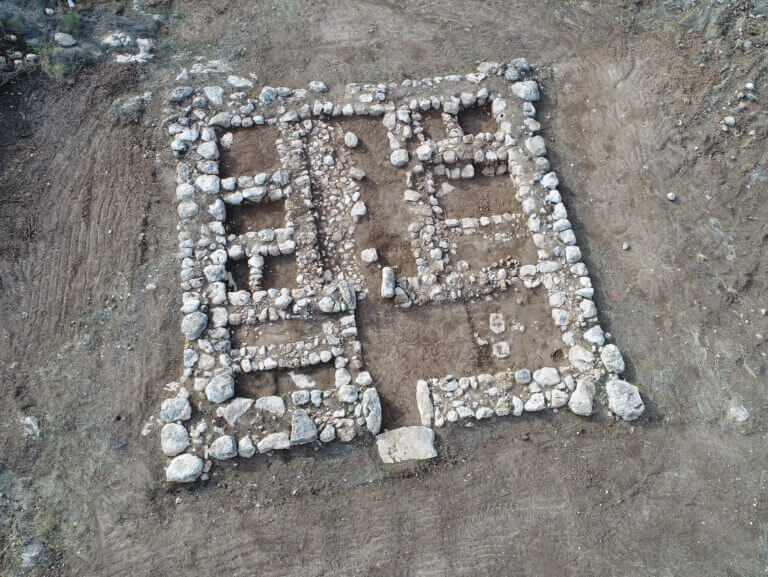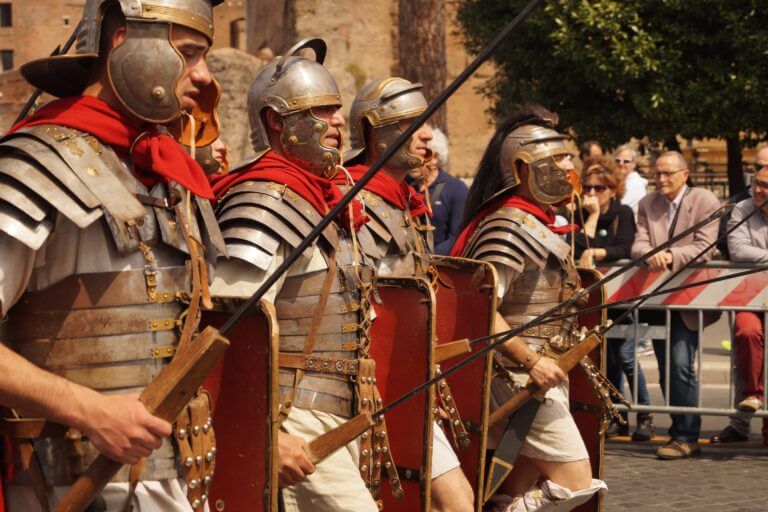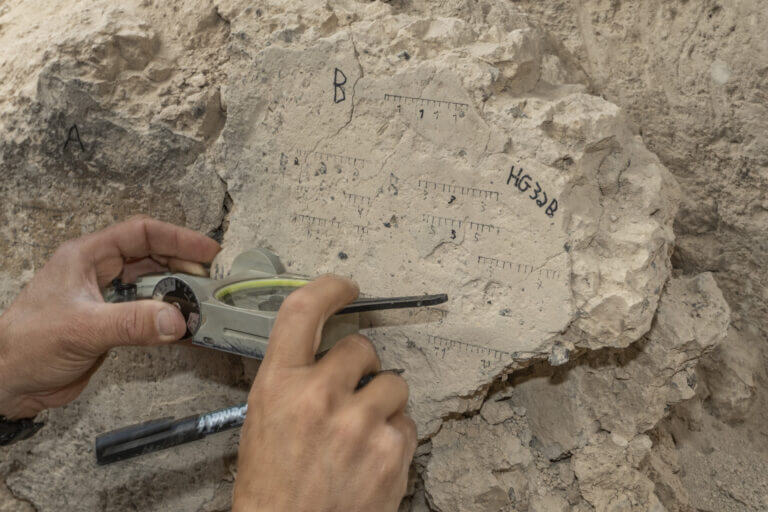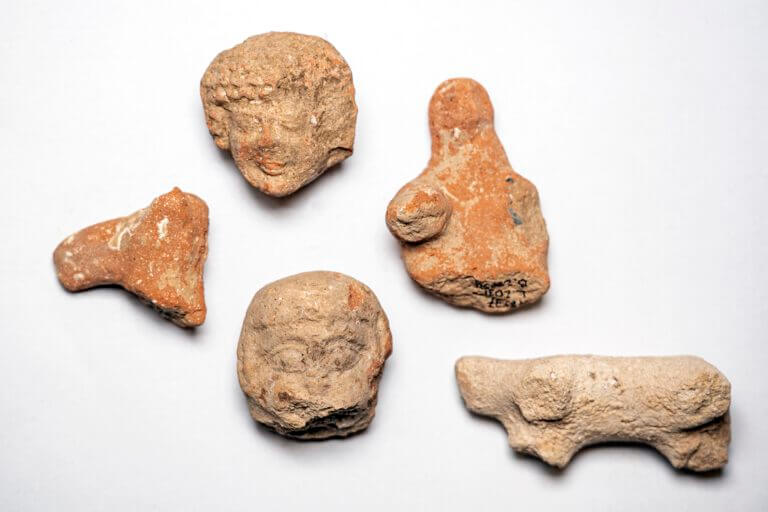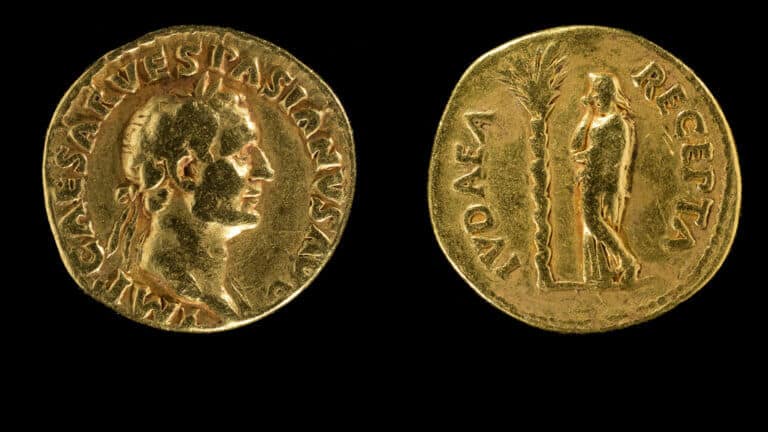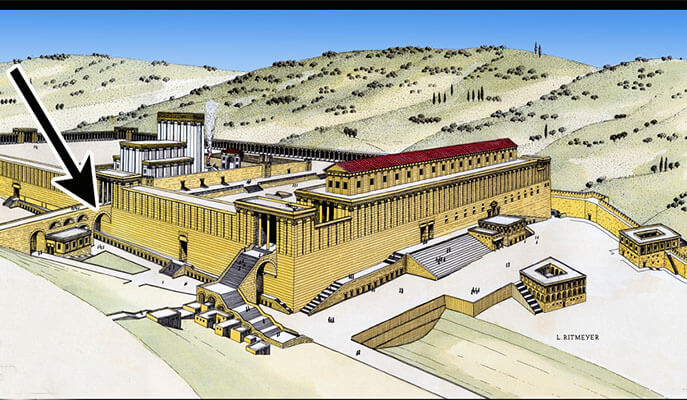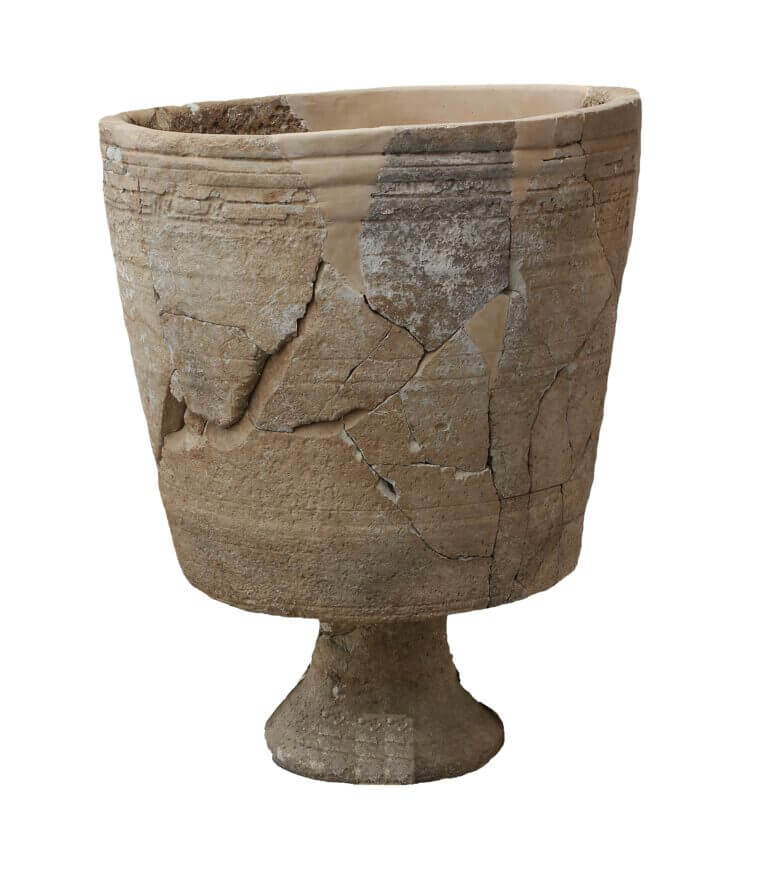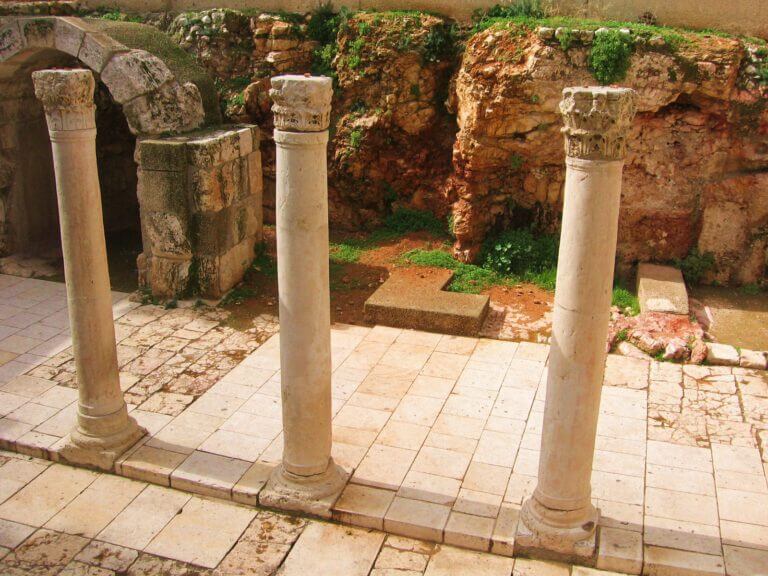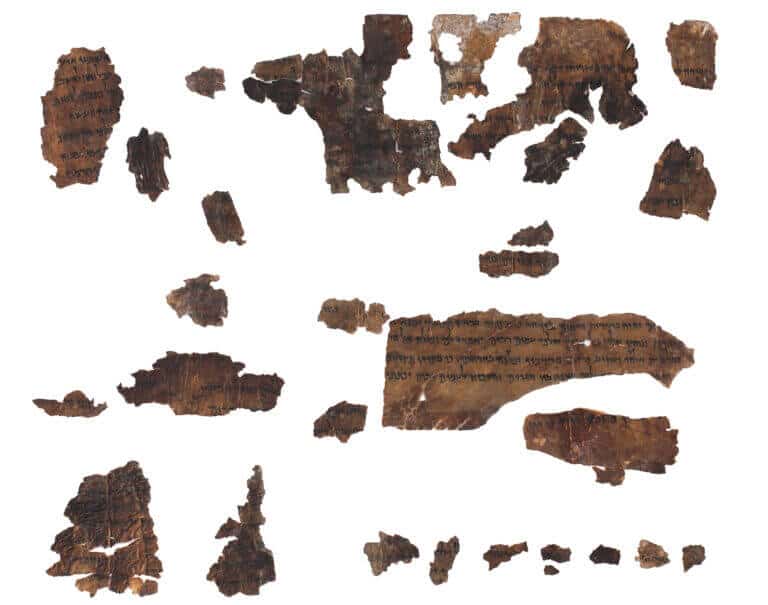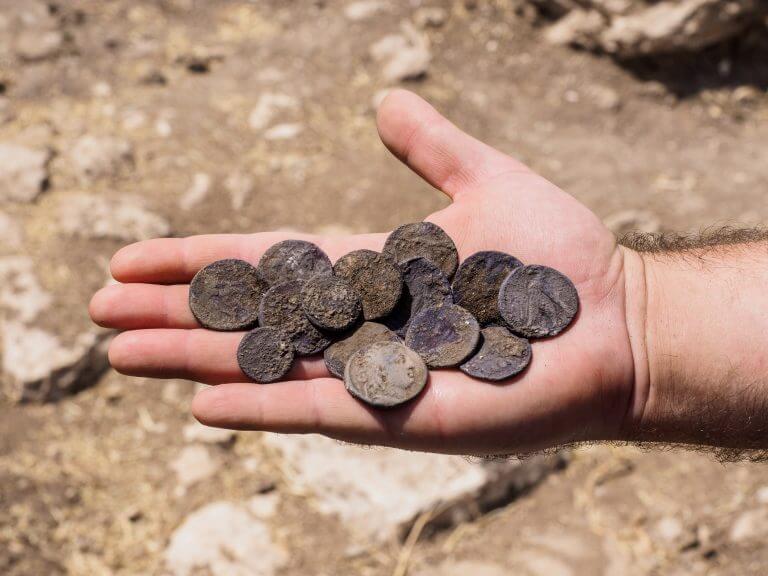Hayadan > Society and history > history > History of the people of Israel > Page 4
History of the people of Israel
- Dr. Yahyam whistles
- January 15, 2021
- No comments
Until the time of the emperor Hadrian (138-117 CE) we witness the reality of tax tenants who were responsible for collecting the taxes. Whereas from then on, imperial officials were appointed who were subordinate to Rome and were responsible for the issue of collection. And for this we find quite a few proofs from the books of the Sages
- Dr. Yahyam whistles
- December 25, 2020
- 3 תגובות
The "angria" mentioned in Sage sources means - the duty of man and beast for the postal work (cursus publicus, transportation and some activity for the authorities). The peasants suffered from this affliction mainly because sometimes they would work their animals to the point of disability and excessive fatigue so that they would be disqualified from the obligation towards the authorities.
- Israel Antiquities Authority Archeology
- December 22, 2020
- 2 תגובות
During archaeological excavations in preparation for development, a 2000-year-old purification mikve was discovered near the well-known modern church, as well as impressive remains of a Byzantine church (from about 1500 years ago). Researchers from the Franciscan Research Institute are also participating in the excavation
- Ben-Gurion University
- December 14, 2020
- 3 תגובות
After a secret and in-depth study it was revealed for the first time that a seal sold in the market to a professor from Ben-Gurion University of the Negev is actually the earliest find of a seal discovered in the Land of Israel. Also, for the first time in the history of research, there is real evidence of a royal seal that is produced in different sizes
- Dr. Yahyam whistles
- November 27, 2020
- 5 תגובות
What came before what - the "Hagg" in the opening score, or the "Hagg" in the Kametz score? The first - discusses a celebration, a time of joy on the occasion of a certain event and the second a somewhat geometric action, that is - drawing a circle, a circle, circling some object, a bird flying in the sky and more
- Israel Antiquities Authority Archeology
- November 12, 2020
- 3 תגובות
Unearthed in archaeological excavations by the Antiquities Authority prior to the expansion of the settlement of Hispin, funded by the Ministry of Construction and Housing and the Golan Regional Council *According to the archaeologists, "it is likely that the Goshurites, who ruled the Golan and maintained diplomatic and family ties with King David and his dynasty, operated in the citadel"
- Dr. Yahyam whistles
- October 17, 2020
- 5 תגובות
The obligation to provide recruits-rookies for the Roman army, and not for the police units, rests on the village as a whole, and the amount of money paid by the population makes it clear that it is intended to finance equipment and supplies for the village's rookies and not to obtain an exemption for the village from the obligation to recruit those rookies
- Israel Antiquities Authority Archeology
- October 14, 2020
- 4 תגובות
According to Dr. Barak Monikandam-Givaon and Thila Lieberman, the managers of the excavation on behalf of the Antiquities Authority: "The barbell is made in the shape of a dome with a flat base. At the top of the weight is carved a sign that resembles the letter E, an Egyptian sign that represents an abbreviation of the word 'shekel', and next to it are two lines indicating two shekels
- Tel Aviv University
- October 14, 2020
- One response
Researchers have uncovered a 6,500-year-old workshop for copper production in the city
- The Hebrew University
- October 1, 2020
- One response
Three groups of storage and trading jars that were produced in different places in Israel in the 10th to 7th centuries BC were studied, and it was found that the only parameter common to all three, with great accuracy, is the diameter of the jugs' mouths, and its length is within the range of the various estimates given in the past for the degree of the handle
- Dr. Yahyam whistles
- September 18, 2020
- 25 תגובות
Today's Hebrew calendar is actually the Babylonian calendar. In the days of the First Temple, the months were called by names such as Eitanim and Bol
- Tel Aviv University
- September 10, 2020
- 6 תגובות
A world-renowned expert from the Forensic Department of the Israel Police examined the written pottery fragments and identified 12 different manuscripts with varying degrees of certainty * Meaning: Many in the Kingdom of Judah could read and write
- Israel Antiquities Authority Archeology
- September 6, 2020
- One response
Magnificent and rare remains of a royal building from the time of the kings of Judah were discovered in an excavation by the Antiquities Authority on the famous Jerusalem Promenade
- Israel Antiquities Authority Archeology
- August 24, 2020
- One response
According to Ganor Weissbein, "The stories of the judges in the Bible clearly illustrate the complex geopolitical reality and the struggle for territories of control, in the reorganization of the political forces in the Land of Israel
- Avi Blizovsky
- August 21, 2020
- 6 תגובות
In order to maintain the army stationed in Judea, and to enrich the emperors, the Roman government levied various types of taxes, some of them general and others that particularly oppressed the Jews - after the revolts
- Israel Antiquities Authority Archeology
- August 10, 2020
- 6 תגובות
- Dr. Yahyam whistles
- July 29, 2020
- 4 תגובות
- Israel Antiquities Authority Archeology
- July 24, 2020
- One response
- Dr. Yahyam whistles
- July 19, 2020
- 3 תגובות
- Weizmann Institute
- July 11, 2020
- One response
- The Hebrew University
- June 25, 2020
- 2 תגובות
- Dr. Yahyam whistles
- June 13, 2020
- No comments
- Tel Aviv University
- June 3, 2020
- 4 תגובות
- Dr. Yahyam whistles
- May 9, 2020
- 51 תגובות
- Dr. Yahyam whistles
- April 10, 2020
- 6 תגובות

